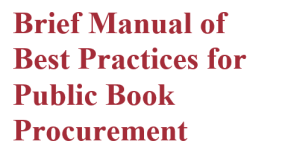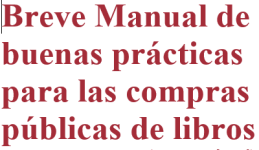
What does fair trade mean today? Who are the main stakeholders? What is its future? So many questions which this book sets out to answer by way of seven experiments on site in various regions of the worls. In the course of this journey, the reader will visit a small organisation of coffee producers in Chiapas, a quinoa farm in Bolivia, and India to explore less traditional forms of fair trade.
This book reveals the many facets of an ever-growing movement, seeking the human face behind the consumer, the community behind the producer and to redefine the social and political links among those long reduced to disembodied economic players. Beyond the sterile criticism levelled against it in recent years, but without lapsing into an idealised discourse, the authors provide food for thought on the issues raised by fair trade compared with appeals for fairer international trade and the possibilities of an alternative market based on other values.
Corinne GENDRON is a tenured professor in the Department of Strategy, Social and Environmental Responsibility at the University of Quebec in Montreal (UQAM) and holds the Chair of Social Responsibility and Sustainable Development. She has written many books and articles on fair trade as well as sustainable development and social responsibility. She is regularly called on as an expert by private and public organisations in Quebec and internationally.
Socio-economist specialising in economic solidarity and fair trade, Arturo PALMA TORRES is currently an expert associate at CRIDA (France) and consultant at the Brazilian Ministry of Agrarian Development. He is a member of the movement for economic solidarity in France and the international network ALOE (Alliance for a Plural, Responsible and Supportive Economy).
Holder of a Masters Degree in Environmental Science, Véronique BISAILLPON is the coordinator of the Chair of Social Responsibility and Sustainable Development of the School of Management Sciences at the University of Quebec in Montreal (UQAM).
Year of publication: 2009, 274 pages, 14 X 21,5 cm, ISBN: 978-2-84377-148-4

























